By Lily Zhong, Peer Research Ambassador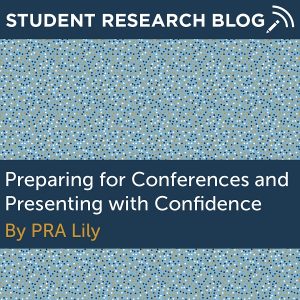
It can be intimidating to create a poster for the first time and even more nerve wracking to present your poster to others at a professional conference. I have experienced all these anxieties myself when preparing and presenting for the annual NEURON conference at Frank H. Netter MD School of Medicine and multiple Frontiers in Undergraduate Research Exhibitions as well. Here are a few things to keep in mind that helped me stay calm and present with confidence. Continue reading
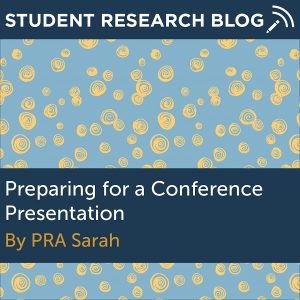
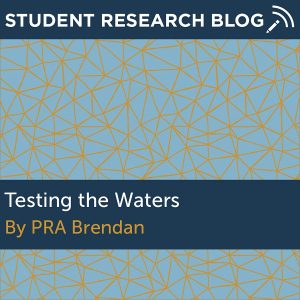
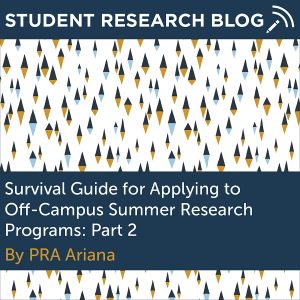 By Ariana Rojas, Peer Research Ambassador
By Ariana Rojas, Peer Research Ambassador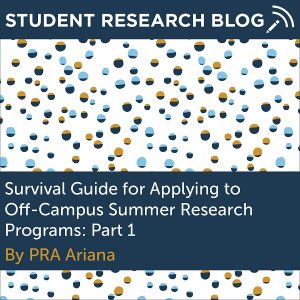
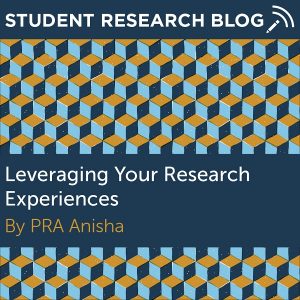
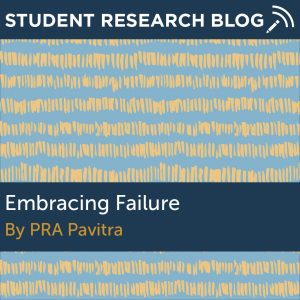
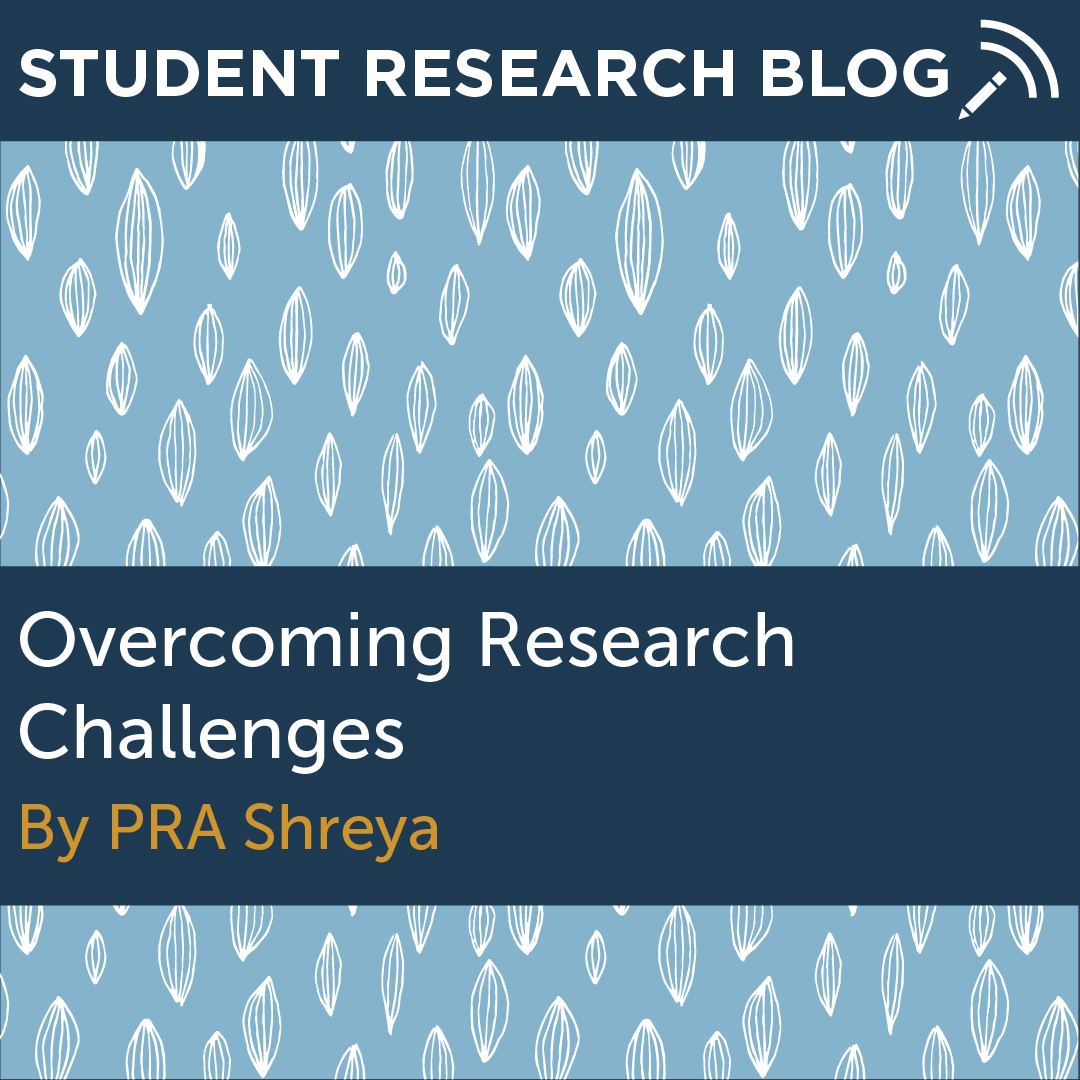
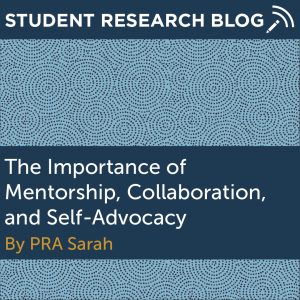 If you just joined a lab, or you’re stuck in your research growth and development, take a minute to read what I have to say about mentorship, collaboration and self-advocacy!
If you just joined a lab, or you’re stuck in your research growth and development, take a minute to read what I have to say about mentorship, collaboration and self-advocacy!